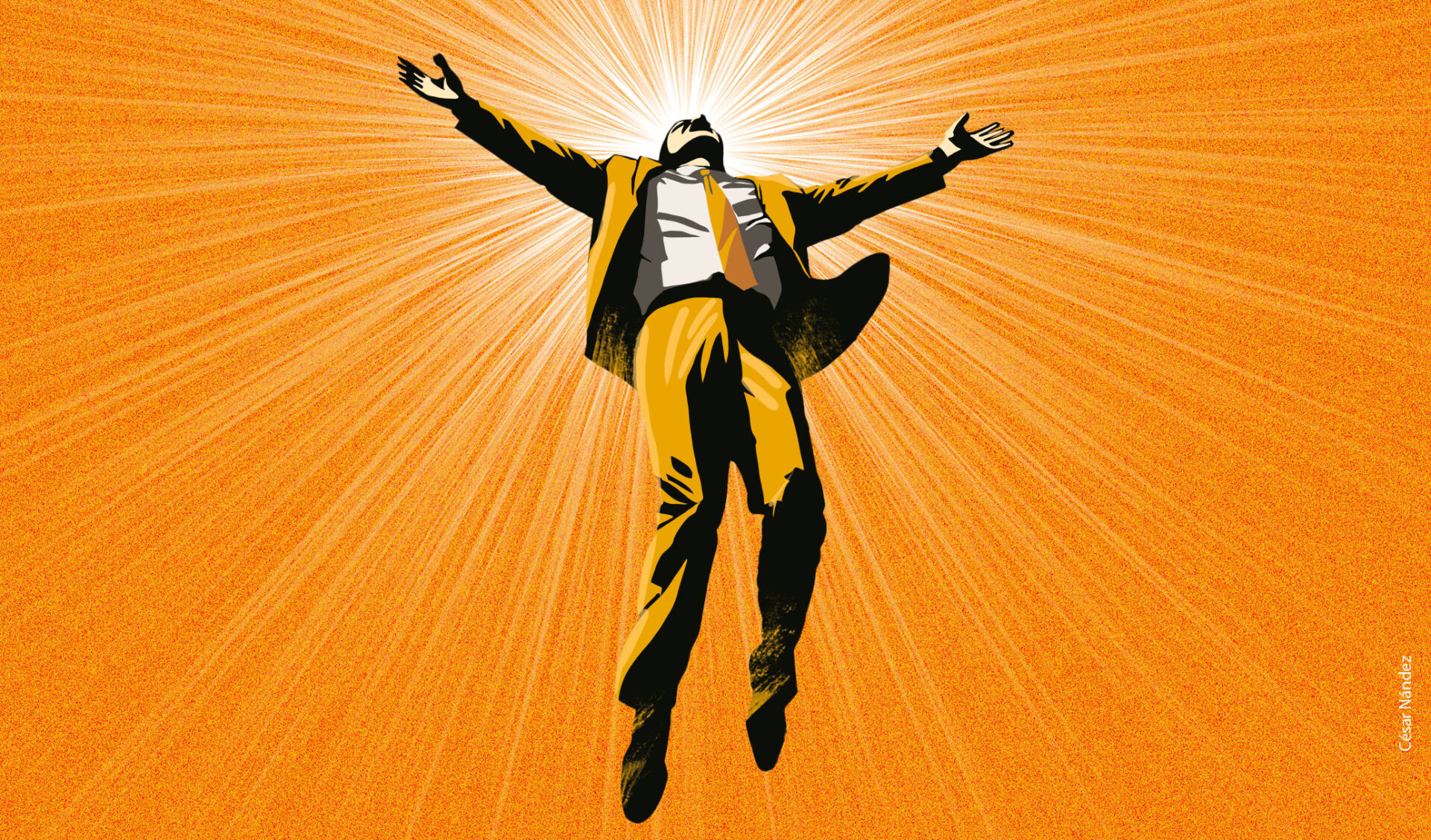During the second decade of the 21st century, we have seen the rise of populism in several countries. Unlike the traditional heavy-handed profiles that fight for free market and family, the current characters have added a new variable: religion. Since the origin of nation-states, faith has been present, but now it has mimicked politics. And that is why I have coined the term electoral messianism.
Throughout history, religion was a cornerstone of monarchical systems, even in great treatises such as Hobbes’ Leviathan, Locke’s Second Treatise on Civil Government, Jean Bodin’s Six Books of the Republic, St. Thomas Aquinas’ Summa Theologica and St. Augustine’s The City of God. What these texts have in common is that they conceive the divine mandate as the source of political power.
Now, in the title of this article appears the word messianism, which has a meaning linked to salvation, redemption, and the rebirth of a being or nation. Likewise, it is related to a worldview in which a person changes the course of a society through the fulfillment of a divine mission. In dogmatic terms, regardless of religion, a God, or supreme entity comes to earth to cleanse people of their sins.
In some cases, describing certain leaders with this word implies a pejorative charge. However, in this text, the concept refers to politicians who use religion as a strategy to consolidate their political projects. Likewise, these characters list a series of solutions to problems such as poverty, insecurity, violence, economic and democratic crisis, but never mention the public policies, resources, and strategies to be followed.
These leaders appeal to the mimicry between themselves and what they call “the people”, which can be understood as a mass or population sector that supports and backs them in their proposals. In political science, to speak of the people is understood as an empty concept, as Jacques Rancière would say, in which no one can explain its characteristics. However, it has been concluded that this word intends to homogenize and erase the differences between citizens.
Now, people and religion have a symbiotic relationship, since religious scriptures speak of the people of God, of the oppression of the holy people, or of the liberation of the sacred flock (synonymous with people). In these times, charismatic leaders have built a religious cosmogony as a revolutionary and rebellious Jesus according to Hugo Chávez and Nicolás Maduro in Venezuela, who consider this character a leftist fighter.
Another example can be found in Mexico with Andrés Manuel López Obrador, who has endowed his party, Morena, founded on December 12, 2014, the day of the Virgin of Guadalupe, with religious overtones. Thus, in his speeches he has made use of religious elements such as the Sacred Heart of Jesus to address the Covid-19 pandemic; he has also mentioned that it is better to have one pair of shoes instead of several, since one sins of pride, and it is better to live in poverty honestly.
There are other examples, such as Jair Bolsonaro’s “God, country and family” slogan in Brazil to attract the evangelical vote, appeal to the traditional family, and Brazilian nationalism. After his defeat in the 2022 second round, his supporters prayed near military barracks and asked God for a coup d’état to prevent the rise of Lula da Silva.
On the other hand, in the United States, Donald Trump has implemented religious rites at the end of his rallies to attract the evangelical vote. Trumpism has managed to transform political passion into devotion to his person. His supporters fervently believe that the former president has a mission, and that is to make America great again.
When reviewing other populists who are not in the American continent, we will find, for example, in India, Narendra Modi, who seeks to consolidate a model of Hindu democracy giving priority to people of this religion and leaving aside other religions. In Turkey, Recep Tayyip Erdoğan’s project is to abolish the secular state in order to build an Islamic democracy to support his authoritarian practices.
To understand this new phenomenon, it is necessary to look at the crisis of democracy which has been studied by political scientists such as Adam Przeworski, John Keane, Pippa Norris, and Arent Liphart. These authors have analyzed the dissatisfaction with pluralism, dialogue, and traditional politics: the malaise has become generalized to the point that citizens no longer trust traditional politicians or parties. This is the central point to understand why faith has become an engine of campaigns and outsider or authoritarian candidates.
Religions have become a tool to make voters believe in candidates again. Throughout the 20th century, the presence of a charismatic leader, as Max Weber would say, was enough to seduce the masses in various parts of the world. However, now populism has mixed with religion. This is to sacralize politics and move from a model of trust and vigilance in which politicians are forced to be accountable to one in which citizens become believers in a character.
We need to rethink the erosion of democracy and the erosion of the accountability model, which is being replaced by dogmas. One of the problems I conceive is that the new authoritarianisms use religion as the basis of their power and thus try to endow politicians with mysticism, so that the social base becomes believers.
Politics is not a matter of faith; that is what churches or temples are for, not politicians. Nonetheless, when dogma takes precedence over reason, then politics and citizenship lose ground and give way to the seeds of fanaticism. A country fanatical about a character or leader opens the door to violence and censorship, under the argument that only one vision is allowed.
*Translated by Janaína Ruviaro da Silva from the original in Spanish.













